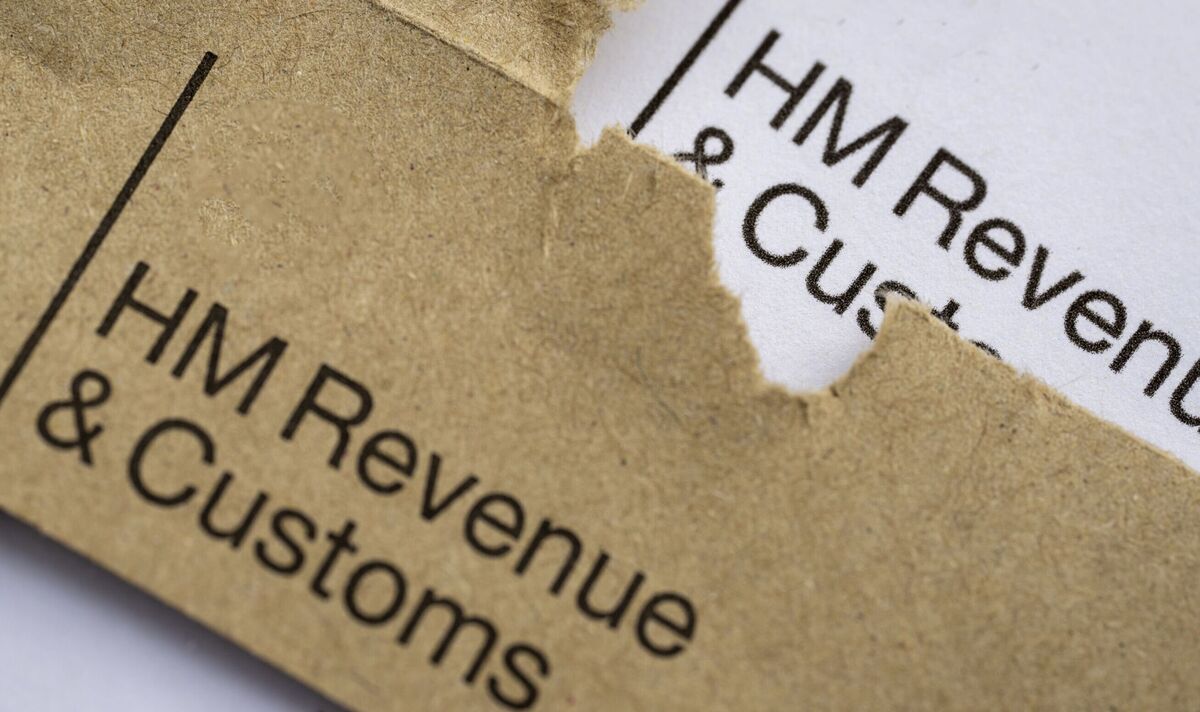
Millions of Britons are facing fines of at least £100 – plus a staggering 7.75 percent in interest charges if they miss the tax deadline tomorrow.
Last year, HMRC raked in almost £350 million in interest from people making late payments.
This year, more than 12.1 million people are expected to file a return for the 2022-23 tax year by the deadline of January 31.
In a release headlined “Less distraction, more action!” the tax collector said those who had yet to tackle their form “are urged to act now or risk facing a £100 penalty”.
A late tax return will incur an immediate £100 fixed penalty, which applies even if there is no tax to pay or the tax bill is paid on time.
After three months there are additional penalties of £10 a day, up to a maximum of £900, with further penalties after that.
There are also penalties for any tax that is paid late, with interest charged as well. This late payment interest rate was last year lifted to 7.75 percent – the highest rate since early January 2008, when it was 8.5 percent.
Alastair Douglas, CEO of TotallyMoney said explained that those unable to pay may be able to set up a ‘Time to Pay’ agreement.
Time to Pay arrangements are based on the specific financial circumstances of whoever owes a debt, so there is no ‘standard’ Time to Pay arrangement.
HMRC look at what one can afford to pay and then use that to work out how much time they need to pay.
The arrangement is designed to be flexible and is not a fixed, formal contract. It can be amended over time, so it can be shortened if your earnings rise or if someone receives a cash windfall (for example, an inheritance).
It can also be lengthened if their essential expenses increase or their income reduces.
HMRC look at what one can afford to pay and then use that to work out how much time they need to pay.
Mr Douglas continued: “And while you’ll still be charged interest, you won’t incur any late payment penalties. If you still haven’t filed a return after three months, you’ll suddenly be hit with charges of £10 per day. So it’s best to act as quickly as possible.
“You should also remember that owing unpaid tax to HMRC won’t impact your credit score — that’s because the money you owe isn’t in credit.
“However, if you don’t repay these debts, the taxman might call in a debt collection agency, or declare you bankrupt — which can have serious implications on your ability to borrow for years to come.”
Last year about 600,000 customers missed the January 31 deadline.
The numbers affected by self-assessment have grown over the years: a decade ago it was a little over 10 million, climbing to 11.4 million by 2018.
There could be thousands of people who have been drawn into the self-assessment net for the first time in the 2022-23 tax year, said accountancy firm BDO. Many may be unaware of their obligations to file a return and could run the risk of penalties.






